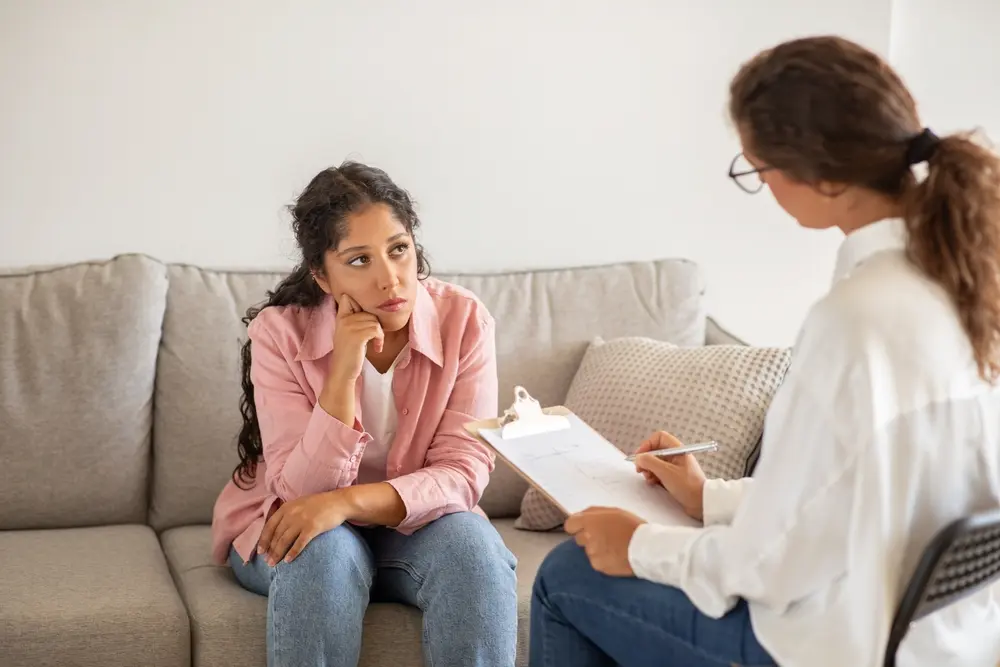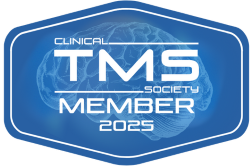
Mental health issues affect black, indigenous, and people of color (BIPOC) the same way they do white people. However, BIPOC communities often have a more difficult time accessing care due to factors like stigma, religion, mistrust, and cultural attitudes.
People from all ethnic backgrounds may avoid seeking mental health treatment. A startling finding shows that about 47% of American adults still believe that seeking mental healthcare is a sign of weakness. But, studies show that hesitancy is more common in marginalized groups. As a group, white Americans with mental diagnoses are the most likely to get help, with nearly half of those in need receiving counseling or therapy.
More studies show that Hispanic and Black communities receive mental health treatment at lower rates. Of those with mental health diagnoses from the respective groups, 33 and 31% receive the help they need. Pacific Islanders and Asian Americans are the least likely to get help, with only 25% getting therapy or counseling.
Why Is This Happening?
The health disparities happen for many reasons, including:
- Mental health struggles are still perceived as taboo in some of these communities. Some believe that dealing with mental health issues is something you should keep private or handle on your own.
- Socioeconomic barriers: Therapy and counseling can be expensive, and for many, especially in marginalized communities, affording mental health services can be a major hurdle.
- Mistrust of healthcare systems: The history of discrimination in healthcare and the negative experiences can discourage others from seeking help.
Each person’s experience can be shaped by race, ethnicity, gender, and economic situation. That’s why intersectionality in mental health care is so important—it recognizes and respects each person’s unique situation and needs.
Intersectionality in BIPOC Mental Health Treatment
Intersectionality is a framework that reveals how different aspects of our identity—like race, gender identity, sexual orientation, age, socioeconomic status, and physical disability—interact to shape our experiences and the way we navigate the world. It highlights how these interconnected attributes influence how we perceive ourselves and how others perceive or treat us.
Why is Intersectionality Important in BIPOC Mental Health Treatment?
Intersectionality plays a critical role in BIPOC mental health treatment because it enables providers to offer more precise and culturally sensitive care that addresses the specific challenges and needs of different groups of people. Unless the caregiver understands, accepts, and is empathetic toward the specific intersections of identity that affect a patient, treatment may not fully meet the patient’s needs.

It Allows Providers to Tailor Treatment
No two mental health patients are alike. That’s because many factors come into play, including cultural background, personal history, socioeconomic status, etc. Intersectionality allows mental health providers to recognize and integrate these diverse factors into treatment plans. For example, a treatment plan for a Hispanic woman might incorporate considerations of family dynamics, cultural stigma surrounding mental health, and potential language barriers, which are critical for effective engagement and treatment.
Intersectionality also helps identify specific stressors related to social determinants of health, like conditions in which people are born, live, grow, work, age, etc., which might disproportionately affect certain groups. These determinants can deeply influence one’s mental health and must be considered when devising treatment strategies. For instance, if a patient is facing financial hardships, a mental health professional might integrate stress management techniques specific to financial stress into their therapy sessions.
This tailored approach enhances the effectiveness of treatment and respects and validates the patient’s lived experiences. It helps create a therapeutic environment that is more inclusive and adaptive to the diverse needs of the population it serves.
It Reduces Misdiagnoses
Misdiagnosis in mental health often happens because of language problems, cultural differences, and hidden biases. If there’s a language barrier, important details about a patient’s symptoms might not be clearly understood, leading to wrong diagnoses. Besides, different cultures have unique ways of showing and understanding mental health issues, which can be misinterpreted if not properly understood.
Also, doctors sometimes have unconscious biases that can influence their decisions, leading to incorrect diagnoses. For example, studies have shown that Black patients are sometimes wrongly diagnosed with more severe conditions like schizophrenia when their symptoms could indicate a mood disorder, which is less severe.
It Empowers Patients
It takes a lot of courage to open up about personal struggles, and the fear of being misunderstood can make this even harder. Intersectionality plays a vital role in overcoming these barriers by ensuring that patients feel heard and understood in their full complexity. When therapists acknowledge and respect the various aspects of a patient’s identity, patients are more likely to trust the therapeutic process.
This trust is essential for effective treatment, as it encourages them to engage more openly and consistently with their mental health care. Feeling understood and validated empowers patients to take an active role in their treatment, making them more likely to stick with it and ultimately achieve better outcomes.
Getting Mental Health Help
Mental health is the first principle of public health, yet about 75% of Americans feel it doesn’t get the same attention as physical health within the healthcare system. This gap is even more pronounced in BIPOC communities, where disparities in access to care and culturally competent mental health resources are widespread.
Healthcare facilities can work to understand the intersectionality theory and build culturally competent teams to help with this. They may also train their staff to better understand cultural differences and learn to recognize their own biases. These steps help ensure that every patient is understood correctly and treated fairly, leading to more accurate diagnoses and better healthcare for everyone.
Relief Mental Health is dedicated to offering high-quality mental health treatment that prioritizes equity, ensuring everyone receives the personalized care they deserve. We aim to create a future where mental health care is inclusive, accessible, and effective for everyone, regardless of their background.

